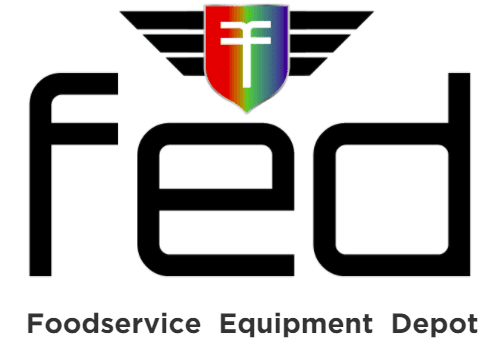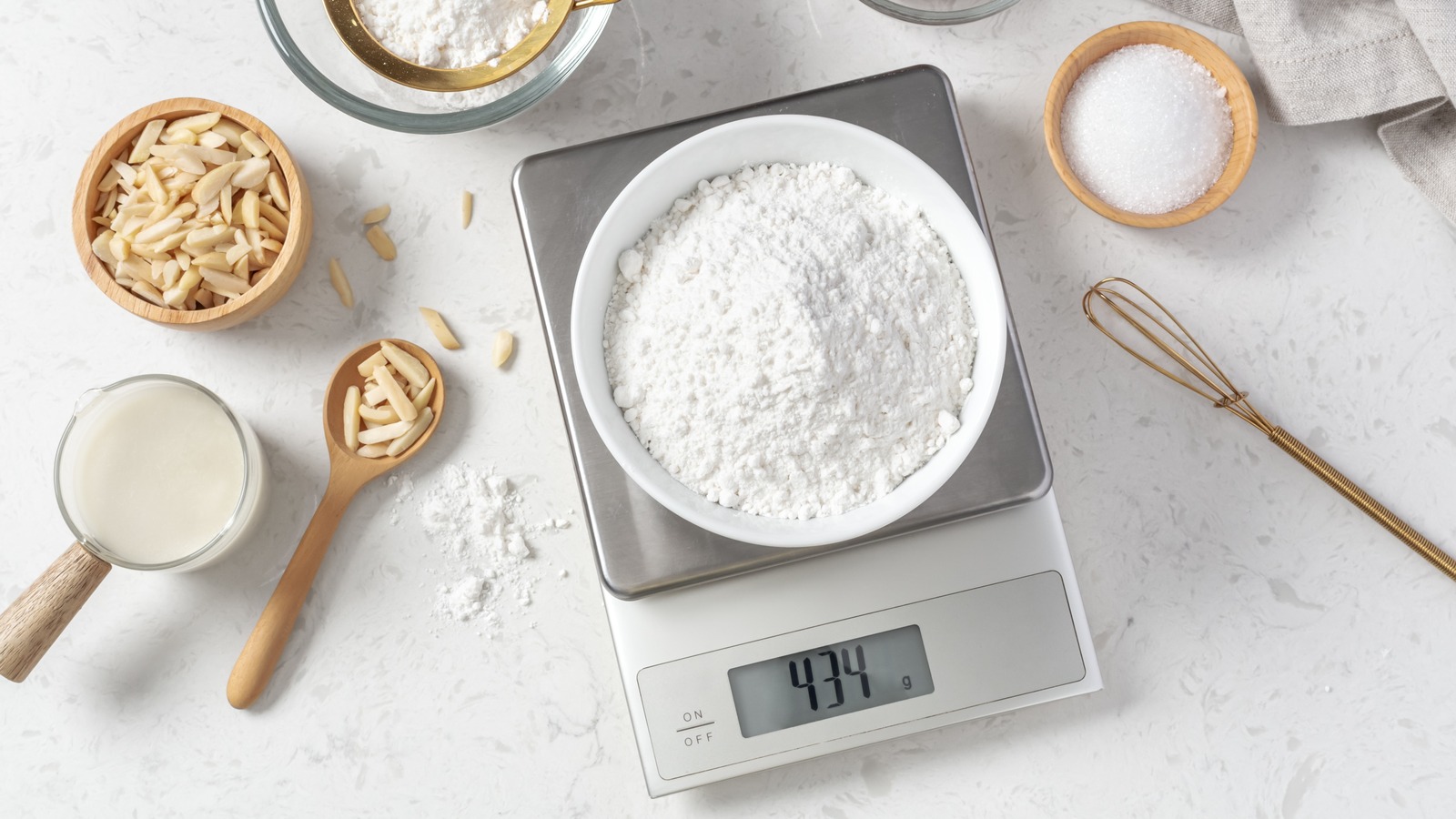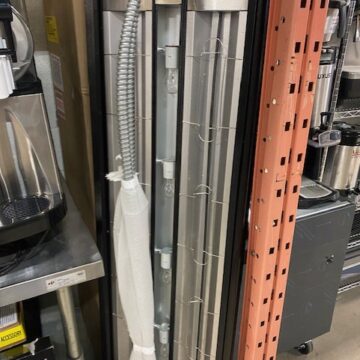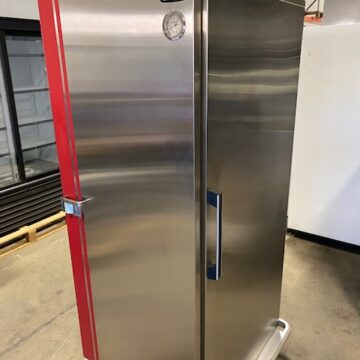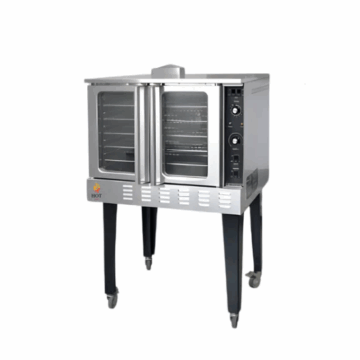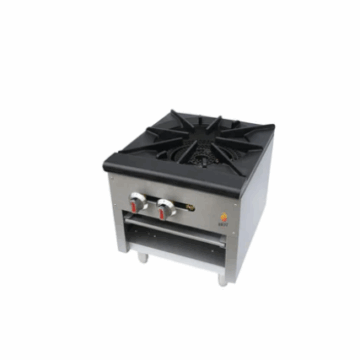June 27, 2025
Running a professional kitchen? A reliable commercial kitchen scale isn’t just a luxury—it’s a core necessity. From portion control and recipe accuracy to inventory management, a dependable scale drives consistency, reduces waste, and boosts profitability.
Below, we explore why investing in the right kitchen scale matters, what features to look for, and how these precision tools can streamline your foodservice operation.
🔑 Key Takeaways
-
Precision counts: Commercial kitchen scales help ensure ingredient accuracy and portion control, which improves product quality and cost management.
-
Different styles, different uses: From digital countertop models to heavy-duty floor scales, there’s a scale for every application.
-
Maximize ROI: With durable builds, energy-saving features, and simple interfaces, commercial scales offer reliable long-term value.
What Are Commercial Kitchen Scales?
Commercial kitchen scales are precision instruments designed to weigh ingredients, batches, or products quickly and accurately in foodservice environments. Unlike residential models, these units offer:
-
Higher capacity ranges for bulk ingredients
-
More accurate measurement increments
-
Water-resistant, easy-to-clean surfaces
-
NSF-certified options to meet food safety standards
Whether you’re baking pastries, portioning proteins, or monitoring inventory, commercial scales provide the reliability and consistency needed for fast paced kitchens.
Types of Commercial Scales
Choosing the right type of kitchen scale depends on your workflow, ingredients, and production volume.
Digital Portion Control Scales
Ideal for portioning proteins, sides, and toppings in QSRs and cafés. These are lightweight and offer quick digital readouts.
Mechanical Dial Scales
Sturdy and durable. Preferred in prep kitchens where moisture and debris are common. No batteries required.
Bench Scales
Great for mid-range tasks like dough mixing or bulk produce sorting. Offers higher capacity with moderate footprint.
Floor Scales & Receiving Scales
Used for weighing full containers or pallets in warehouse or delivery zones. Typically feature ramps and extra-large platforms.
Features That Matter
Look for the following attributes when selecting your kitchen scale:
-
Accuracy & Range: Choose scales with fine graduations (0.1g, 0.01 oz) and appropriate max capacity (10 lb, 50 lb, 500 lb).
-
Digital vs. Analog: Digital scales are fast and user-friendly. Analog units are better suited to wet, rugged environments.
-
Water Resistance: IP-rated or sealed buttons protect against spills and splashes.
-
Tare Function: Subtract container weight to measure only what matters.
-
Battery vs. Plug-in: Battery models are portable; plug-in units are ideal for stationary use.
-
Auto Shut-Off: Save power without sacrificing functionality.
Hygiene, Efficiency & Durability
-
Easy to Clean: Stainless steel platforms and sealed buttons make post-shift cleanup simple.
-
Built to Last: Look for overload protection and rugged housing.
-
Time Saving: Instant readouts improve line efficiency and customer service speed.
Well built scales not only reduce waste, but they improve your bottom line with fewer misportions and more accurate inventory tracking.
Who Benefits Most?
Commercial kitchen scales serve operations of every size and scope, including:
-
Restaurants & bistros
-
Bakeries & patisseries
-
QSRs & fast casual chains
-
Catering companies
-
Butcher shops & delis
-
Food production or meal prep facilities
Whether you’re weighing flour, steak, or sauce. Precision scales are a must have for tight margins and menu consistency.
Choosing the Right Scale
Here are a few tips for making the right investment:
-
Assess your needs: Weighing ingredients daily or occasionally? Choose a model that matches your use case.
-
Pick capacity wisely: Don’t overpay for high capacity units you won’t use.
-
Compliance counts: Look for NSF listed or food grade models to meet health inspection standards.
-
Plan for support: Consider brands with available calibration kits, replaceable parts, and strong warranties.
🧑🍳 Best Practices for Kitchen Scale Use
-
Always calibrate your scale before first use.
-
Keep scales on a flat, vibration-free surface.
-
Use tare mode to zero out trays or bowls.
-
Clean daily with a damp cloth. Never immerse digital units in water.
-
Store dry and in a safe spot to protect sensors.
🛒 Shop Commercial Kitchen Scales at FED
Ensure consistent results and reduce food costs with commercial kitchen scales from Foodservice Equipment Depot:
-
Digital and mechanical models available
-
Trusted commercial brands with food-grade certification
-
Quick shipping across Canada and local Calgary pickup
-
Expert advice for your kitchen needs
Start shopping through our Commercial Kitchen Scales collection. Weigh your options wisely.
📚 Want More Content?
Explore other FED blog posts to support your business:
📝 Meta Title
Commercial Kitchen Scales | Accurate Food Weighing Solutions | FED Blog
📝 Meta Description
Explore why commercial kitchen scales are essential for portion control, cost management, and efficiency. Learn how to choose the right model and shop top-rated options at Foodservice Equipment Depot.
